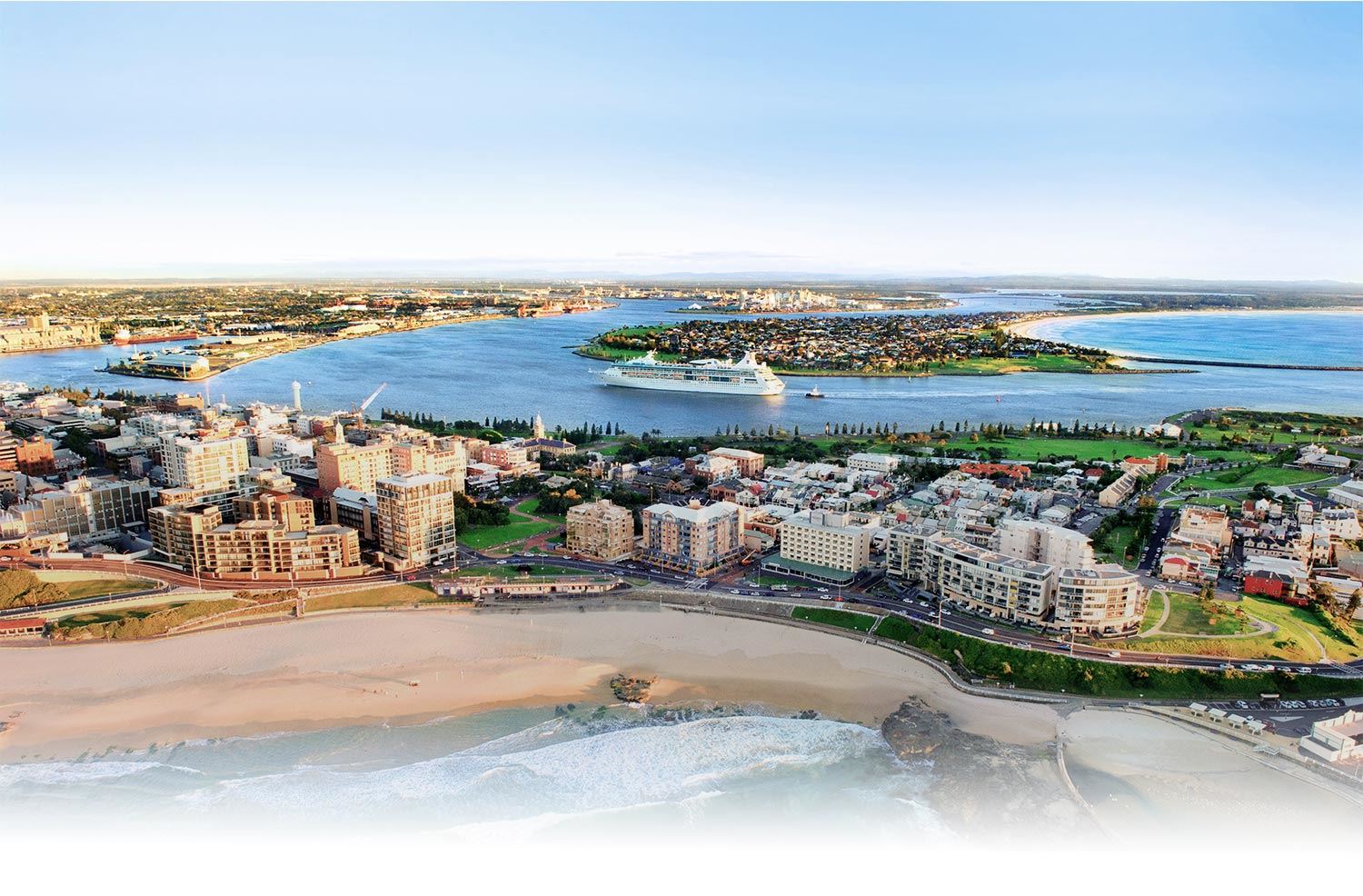
City of Newcastle's investment in waste to lock in future affordability
24 May 2022
City of Newcastle (CN) has lodged a development application (DA) for its new organics processing facility as part of a plan to locally manage waste from all three kerbside bins, saving millions of dollars on current transport costs.
The DA paves the way for a fully-enclosed facility at Summerhill Waste Management Centre that will be able to receive 50,000 tonnes of food and garden organics per annum, which will be processed into compost for reuse in agriculture, landscaping and home gardens.
The facility is one of four “city-shaping” projects included in the draft 2022/23 Budget, with $9.4 million allocated to begin construction as part of the record $132 million capital works program.
Newcastle Lord Mayor Nuatali Nelmes said the draft Budget also includes $5 million dollars towards planning a new material recovery facility at Summerhill, with the major waste infrastructure projects designed to ensure Newcastle ratepayers maintain the lowest waste charges in the region well into the future.
"City of Newcastle is delivering on its commitment to the community to reduce the amount of waste going to landfill and increasing the level of recycling," Cr Nelmes said.
"The draft Our Sustainable Waste Strategy focusses on increased diversion, circular economy and co-location of waste assets in the Summerhill precinct, which would allow Newcastle's red, yellow and green-lid bin domestic waste to be processed at the one location.
By investing in additional resource recovery and organics processing at the site, we're also locking in low costs by reducing transport expenses and gaining efficiencies through co-location."
CN Director and Interim Manager Waste Services Alissa Jones said the biggest cost when it comes to kerbside collections is in transporting the waste, and the biggest cost efficiencies will come from co-locating these facilities at Summerhill, avoiding long-distance transport to other facilities.
“Currently garden organics are shredded prior to being transported 173 km in a return trip to a third-party processing facility in the Upper Hunter for composting. Building the organics processing facility at Summerhill will reduce both transport costs and current carbon emissions,” Ms Jones said.
“These new facilities will ensure the Summerhill Waste Management Facility plays a key role in the region’s move towards a circular economy and its ability to address future NSW and Federal government targets on waste diversion and recycling."
Ms Jones said investing in the new infrastructure would deliver a wide range of benefits for the community and the environment at Summerhill.
Since 2015 City of Newcastle has invested $54 million into developing and expanding its waste and recycling facilities. In the past 10 years, CN has also paid $270 million in section 88 waste levies to the NSW Government, while receiving only $6.5 million back in grants to help fund that infrastructure and deliver waste education programs to encourage behaviour change.
"The NSW Government currently makes around one third of the waste levy revenue available for councils and businesses to deliver waste and environmental programs," Cr Nelmes said.
"But in the past decade we have received less than two per cent back from the levies we have paid.
"City of Newcastle continues to invest at significant levels in waste improvement programs and infrastructure because it's the right thing to do for our residents and ratepayers, and it's the right thing to do for our environment.
"We look forward to soon being able to share our long-term plans for our sustainable waste future with the community for feedback and in the meantime will continue to move forward with the key projects needed to deliver that vision."
Community consultation for the planned material recovery facility began in May, while the organics processing facility DA will be placed on public exhibition for feedback in coming months.
The early works associated with the organics project are expected to begin towards the end of this year, while construction of the facility itself will commence by mid-2023, subject to the project being approved by the Hunter and Central Coast Regional Planning Panel.











